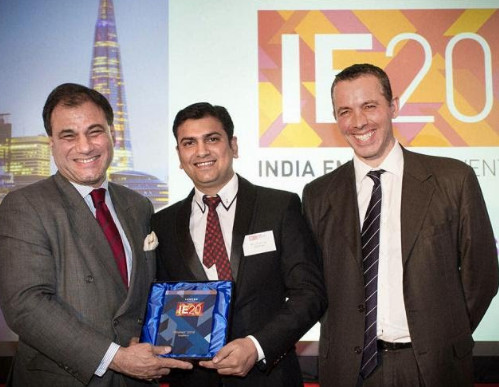Global Expansion – Nurturing the Seed
[svpVideo v=1]0:05 Think of globalizing your business as planting a new garden.
0:10 The first phase is planting a seed.
0:13 The second stage is when the seed sprouts and you see some shoots of green
0:18 What are you going to do to fertilize it, water it,
0:20 irrigate it, protect it from excess sun and wind? In other words, in business speak, not
0:25 put too many onerous demands of the sort that you would put on your mature operations, while
0:30 simultaneously disciplining it in a different way to make sure that it has a chance to strengthen
0:35 its bond with the soil in which it’s planted and become a robust plant.
0:38 You want to have a sense for how long you’re
0:43 going to have a protective umbrella over this effort that you’ve just launched in presumably
0:49 a very unfamiliar geography. This is very important because you should expect that it’s
0:55 going to take a little bit of time before your efforts begin to bear fruit. Don’t
1:01 be seduced, if you will, by an immediate success. For instance, if you had a readymade contract
1:08 or you were following your customers from one location to another, which is a very common
1:12 thing, you might get some immediate payables coming back and you might feel that your business
1:16 has been validated. That’s probably not likely to be the case because at some point you will
1:21 need to put some investments in there at local to build up the system in that geography in
1:26 order for it to make it worth your time ultimately. That will mean that there will be some time
1:32 before you get a net return on the capital that you’re investing in that place.
1:36 Part of nurturing a seedling is understanding what are the support systems around the seedling
1:42 such as sheltering them from the immediate return on capital measures for a little bit
1:45 of time that are necessary.
1:49 What’s tricky about it is that you don’t want to give carte blanche to your team that’s
1:53 out in a remote geography. Just say that you don’t even need to worry
1:56 about returning capital. You still need metrics and discipline to make sure that you’re making
2:01 progress. It’s just that the same financial metrics might not be judiciously applied in
2:07 the first two or three or four years.
2:09 Decide what you’re comfortable with will at least give you some aggregate benchmarks against
2:14 which you can measure progress. think about what are the data that you’re
2:17 going to need to measure progress. It won’t be very many data items. Then go out and generate
2:21 your own data, collect your own data. Of course there’s no harm in validating it
2:25 with other data providers so that you then determine which of the data providers are
2:29 likely to be more useful to the business in the long run, but just don’t count on it
2:34 being the easiest part. I think part of nurturing is also understanding how to begin to extract
2:39 relevant bits and pieces of information from the ambience that you can then use to run,
2:45 if you will, a scientific nurturing program.
2:48 Making sure that there is a communication path between headquarters and subsidiary to
2:53 make sure that both you’re learning adequately from what’s going on in the new geography
2:59 and also holding your team members proverbial feet to the fire, but not suffocating them
3:05 by saying that you have to meet this metric immediately. That’s a very important part
3:09 of nurturing.





